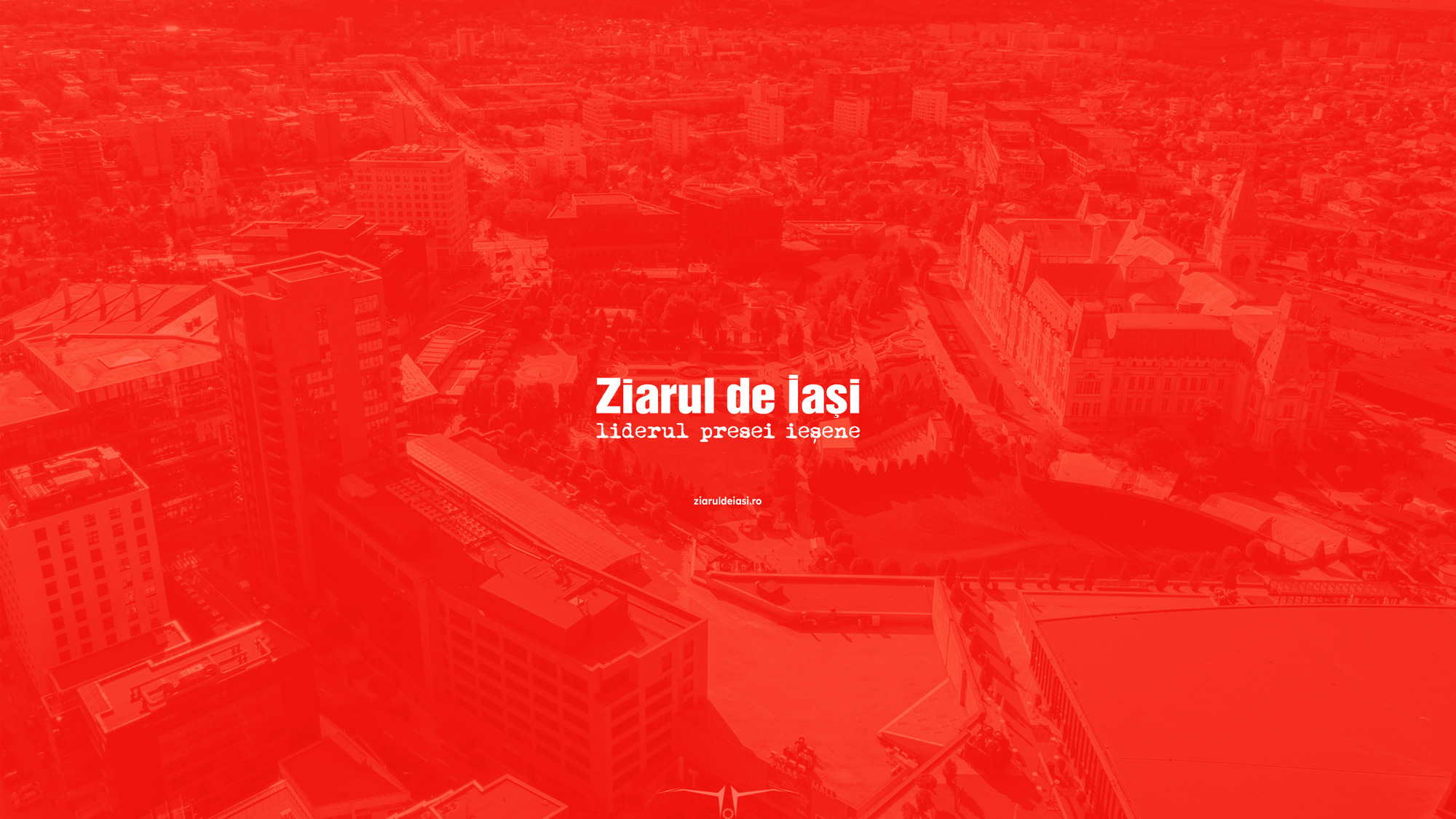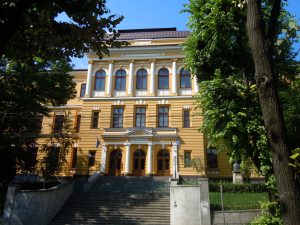
It is well known by everybody now that the eligible places on the parliamentary lists of almost all the political parties became just a mere ware. It is negotiable, it can be bought by installments or cash, it can be bartered on other electoral accessories; other variants are possible too. This ware only needs to be taxed in order to enter the circuit on the market and to better respond to the demand-supply ratio.
In ApR (The Alliance for Romania) for example, the prices are not so big – about 500,000,000 lei – because the party is somehow financially hard up after the local campaign, and, moreover, lately it has lost of its reliability. Otherwise, the prices do not decrease under 700,000,000 lei, exceeding, in some departments where the circumstances are favorable, the billion. PNTCD (The National Christian and Democrat Peasant Party) makes not exception to the rule, as one revolted member of the party declared, though it should be the most fierce defender of the political morals.
At a first glance, this masquerade could look for many people as a new proof of the political leaders’ meanness. It wouldn’t seem so serious if we didn’t consider the consequences in the long run. And this is even more significant as the phenomenon gets ampler in comparison with the previous elections. Which are the risks the voter faces? In the historical evolution of democracy, the vote was meant to designate a legislative power as representative as possible for those who gave it. It is true that a perfect modality to equilibrate all the interests in a country was not yet discovered, but, theoretically, every political reform in the history wanted to make a step forward in this sense.
In Germany, for instance, the federal Bundestag (an equivalent of the Deputy Chamber) is made up of parliamentary members elected by vote on party lists, while the Bunderat (the Senate) is elected by majoritarian vote among the representatives of the departments. This was meant to insure the regional interests too. In Great Britain, a more conservative country, the House of Lords is not elected but made up of persons inheriting the lord title. At the time, it made sense: to represent within the Parliament the aristocracy. The democratic evolution of the country made the attributions of the House pretty symbolic. In France, the legislative body is designated both by vote on lists and by individual nominal vote. The reason for the mixed system is to represent the regional interest (by individual nominal vote) as much as the national one (privilege of the parties) and also to insure a governmental stability.
This could be, therefore, a question of country whether a certain democratic representation is proper or not. As far as Romania is concerned, we could say that the political system is the worst. On the other hand, to designate the Parliament members only by vote on party lists reduce the representation of the regional interest. At what risk, we all can see.
Finally, another deficiency is that the politician feels no responsibility towards his electors, as they are not those who will decide whether he is going to be or not a Parliament member. The decision is to be made by the leader of the party, he is the one who makes the lists and establishes the eligible positions.
At present, the Parliament members care very little whether the electors think well of them as long as they are in the good graces of the party leader. To these, we should add another anomaly: the two parliamentary chambers are identical as for the representation and discharge identical attributions. This is an aberration that finally leads to a big disadvantage for the country, unacceptably worsening the law elaboration, and to a considerable advantage for the party leaders, who thus have more privileges to share than if there were one single chamber.
Given the general indifference towards the political life reigning now at us, to buy, for fabulous sums, an eligible place on the lists might seem just a new proof of the lack of popularity of the political class. But in reality this is a very serious problem. And it could undoubtedly lead to an absolute degeneration of the Romanian political life. (Claudiu RAUS)























